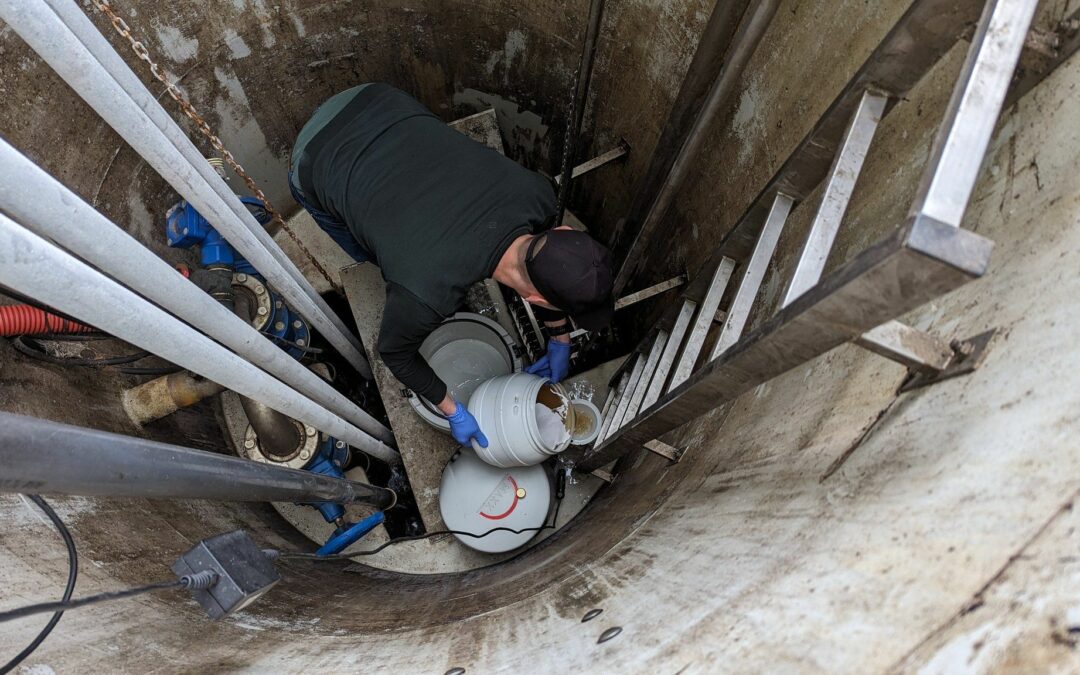“Promoting responsible antibiotic use and sustainable practices is key to reducing the impact of antimicrobial resistance (AMR),” says Silva Gradovska, an AMR researcher from Latvia. “I work in the microbial genome research group at the Institute of Food Safety, Animal Health and Environment “BIOR” in Latvia. Every day, I see firsthand the challenges posed by AMR within our healthcare facilities.”
“Together with colleagues from Pauls Stradiņš University Hospital, Latvian Biomedical Research and Study Centre, and Riga Technical University, we collect and analyse wastewater samples to track resistant bacteria and AMR genes, providing crucial data for public health surveillance. Our research has identified resistant bacteria in hospital wastewater, emphasizing the urgent need for stringent infection prevention and control measures.”
“Monitoring wastewater in hospitals is particularly important for all of us because it serves as an early warning system for the spread of resistant bacteria. By identifying these threats promptly, we can implement targeted measures to prevent disease outbreaks. This proactive approach helps protect both patients and the broader community from the dangers of AMR.”
“Embracing a One Health approach, which encourages cross-sector collaboration, is vital to tackle this issue effectively. My advice to policy-makers is to invest in robust surveillance systems and foster collaboration across sectors. Together, we can make a difference!”
#WHOEuro is sharing #Stories_of_AMR throughout the year, from countries across the European Region to raise awareness about the serious impact of #AMR. Let’s prevent #AMR together.


